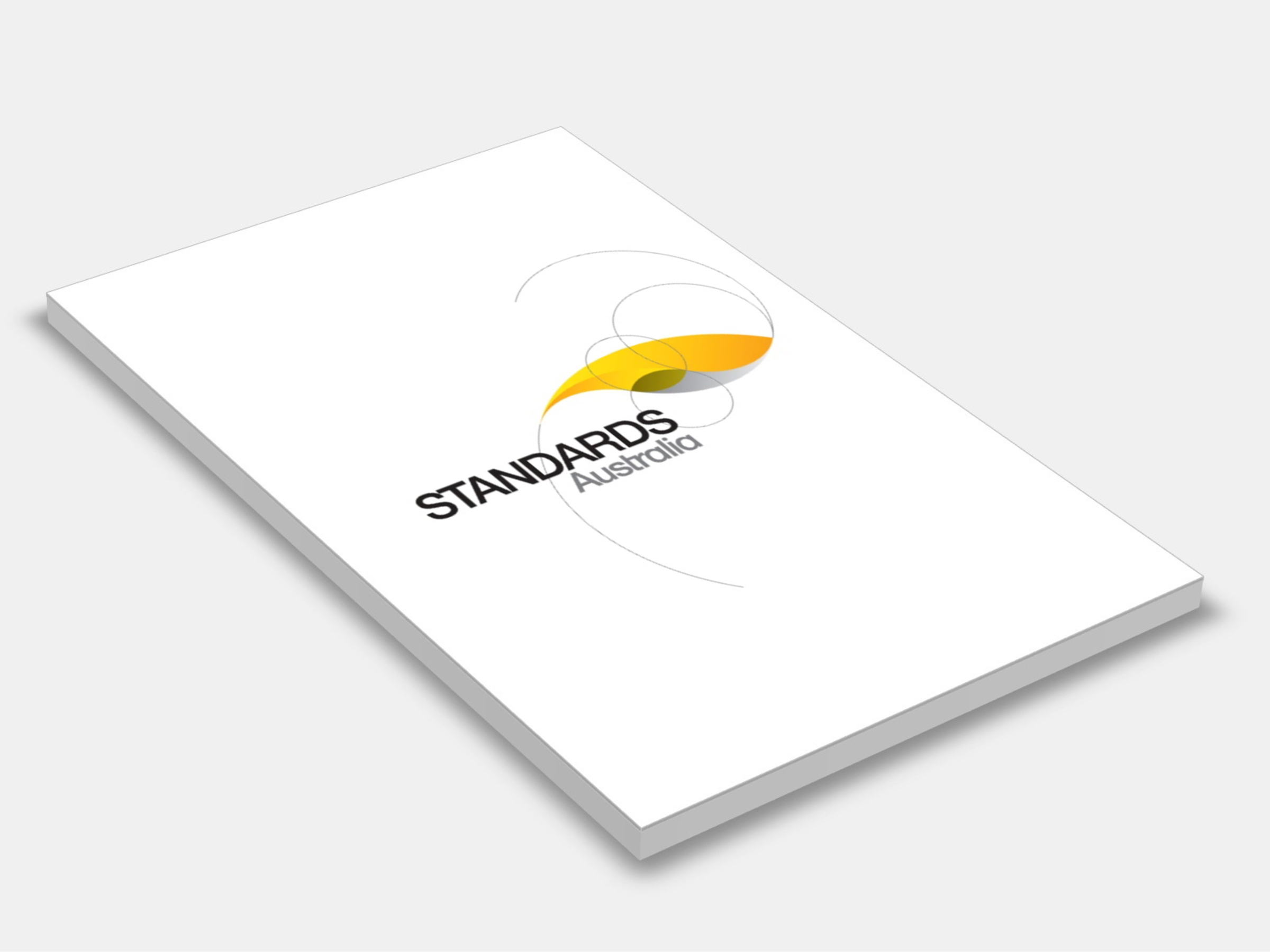
Type
Publisher
Standards Australia
Publisher
Standards Australia
Version:
First Edition 2024.
(Current)
Short Description
This Amendment applies to the following elements: Clauses 1.2, 1.4.2, 1.5, 1.11, 1.12, 4.2.2.3, 6.2.1.3 and 8.3.6.5, Figure 6.3, Table 8.18, 9.19 and 9.20, Bibliography.
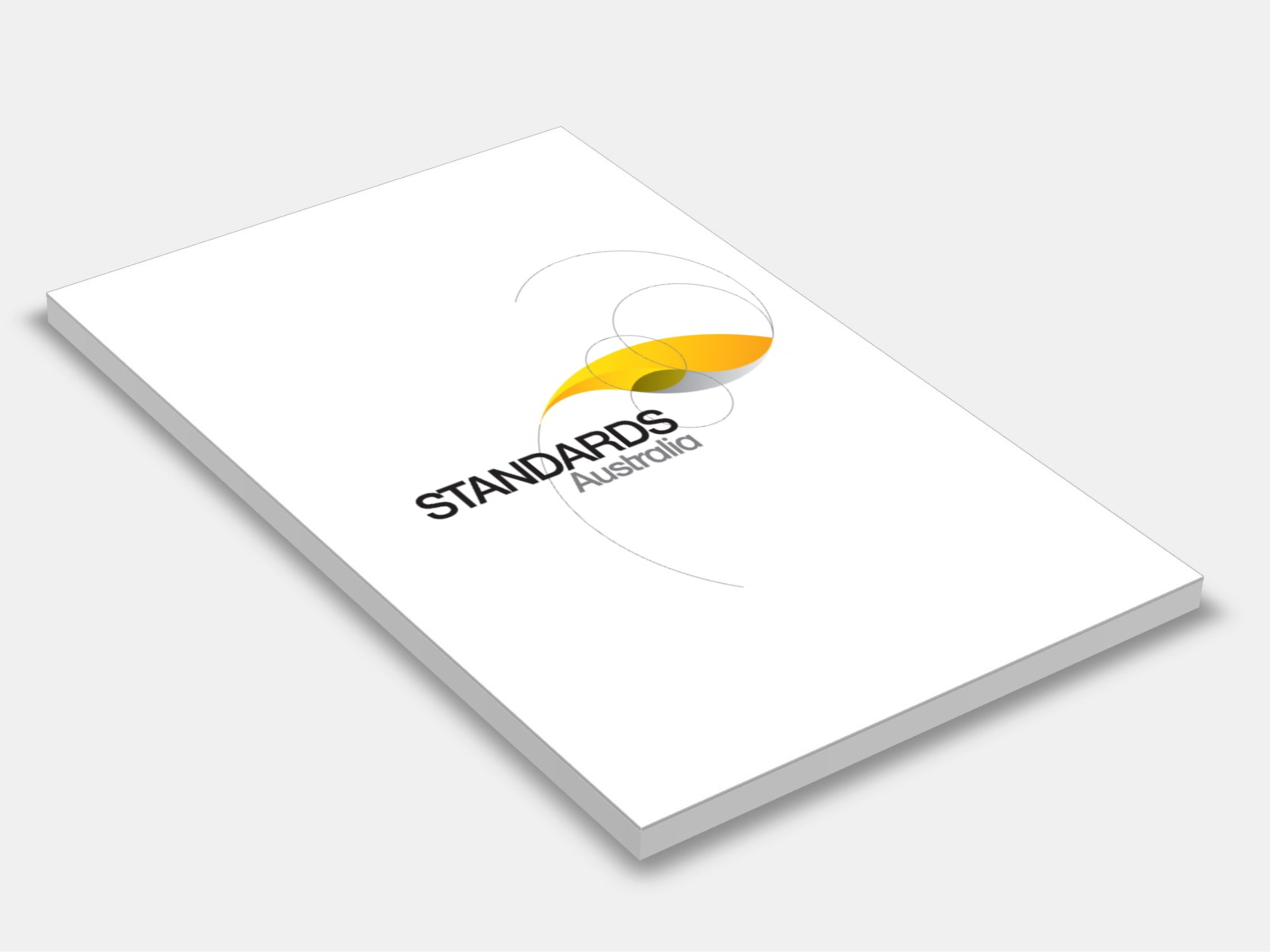
Type
Publisher
Standards Australia
Publisher
Standards Australia
Version:
First Edition 2024.
(Current)
Short Description
This Amendment applies to the following elements: Clauses 1.2, 1.4.2, 1.5, 1.11, 1.12, 4.2.2.3, 6.2.1.3, 8.3.6.5, Figure 6.3, Tables 8.18, 9.19 and 9.20, Bibliography.
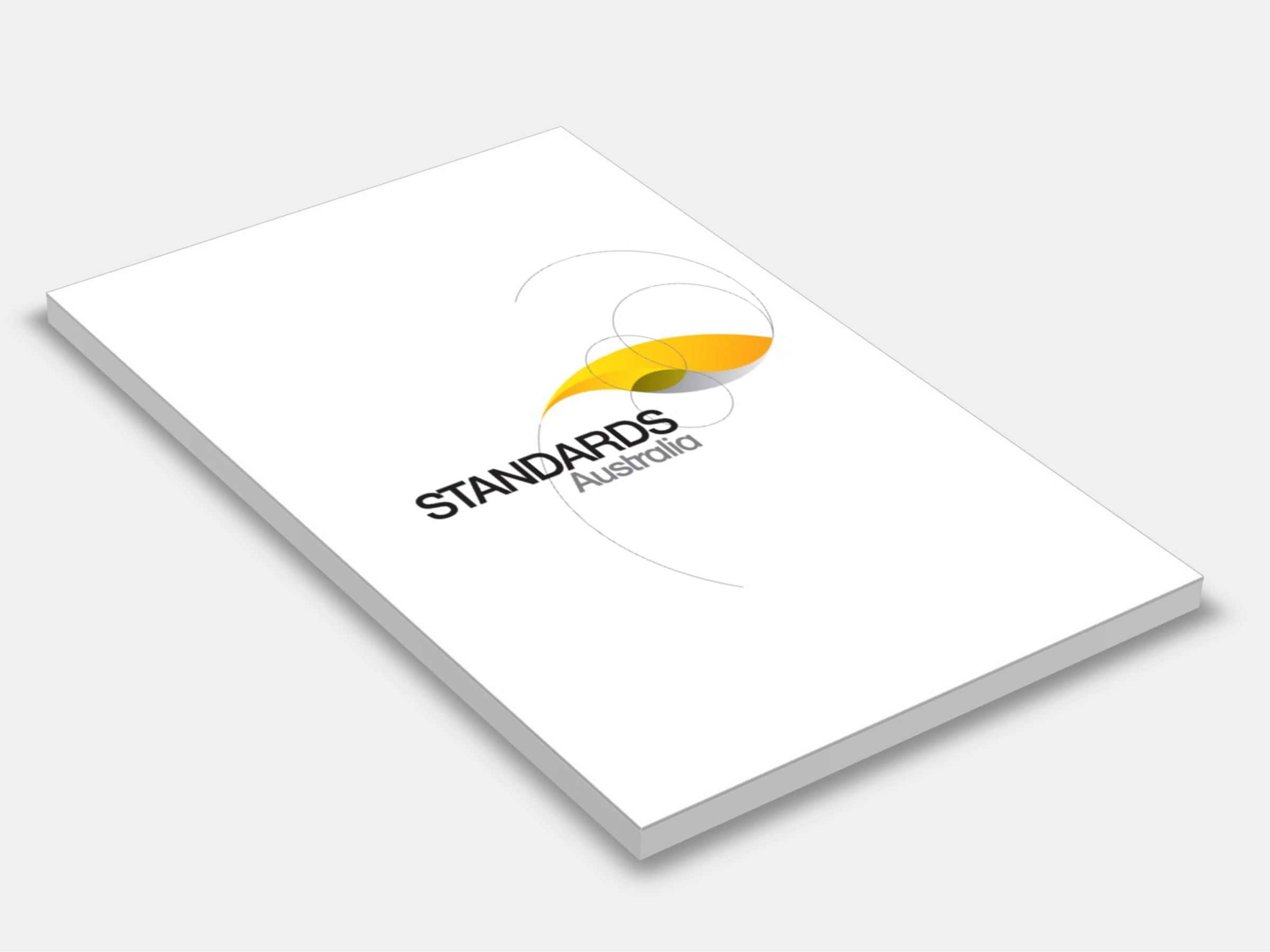
Type
Publisher
Standards Australia/Standards New Zealand
Publisher
Standards Australia/Standards New Zealand
Version:
Third Edition 2005.
(Current)
Short Description
Sets out a classification scheme for wiring systems according to their resistance to the hazards of fire and mechanical damage.
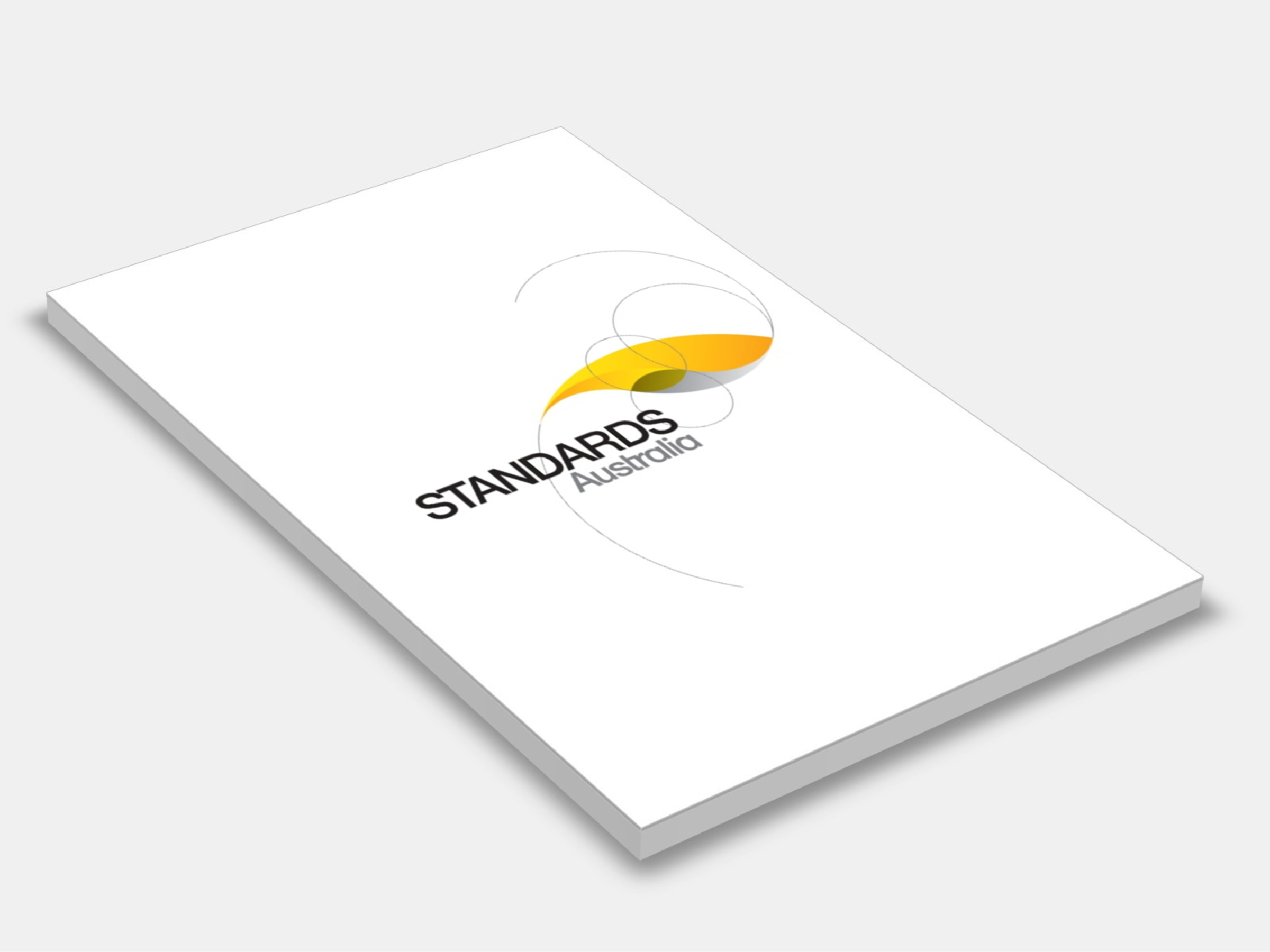
Type
Publisher
Standards Australia
Publisher
Standards Australia
Version:
First Edition 2015.
(Current)
Short Description
Sets out requirements for the design of nailplated timber roof trusses for residential and similar building applications in accordance with AS1720.1, AS4055 and the AS(/NZS)1170 series.
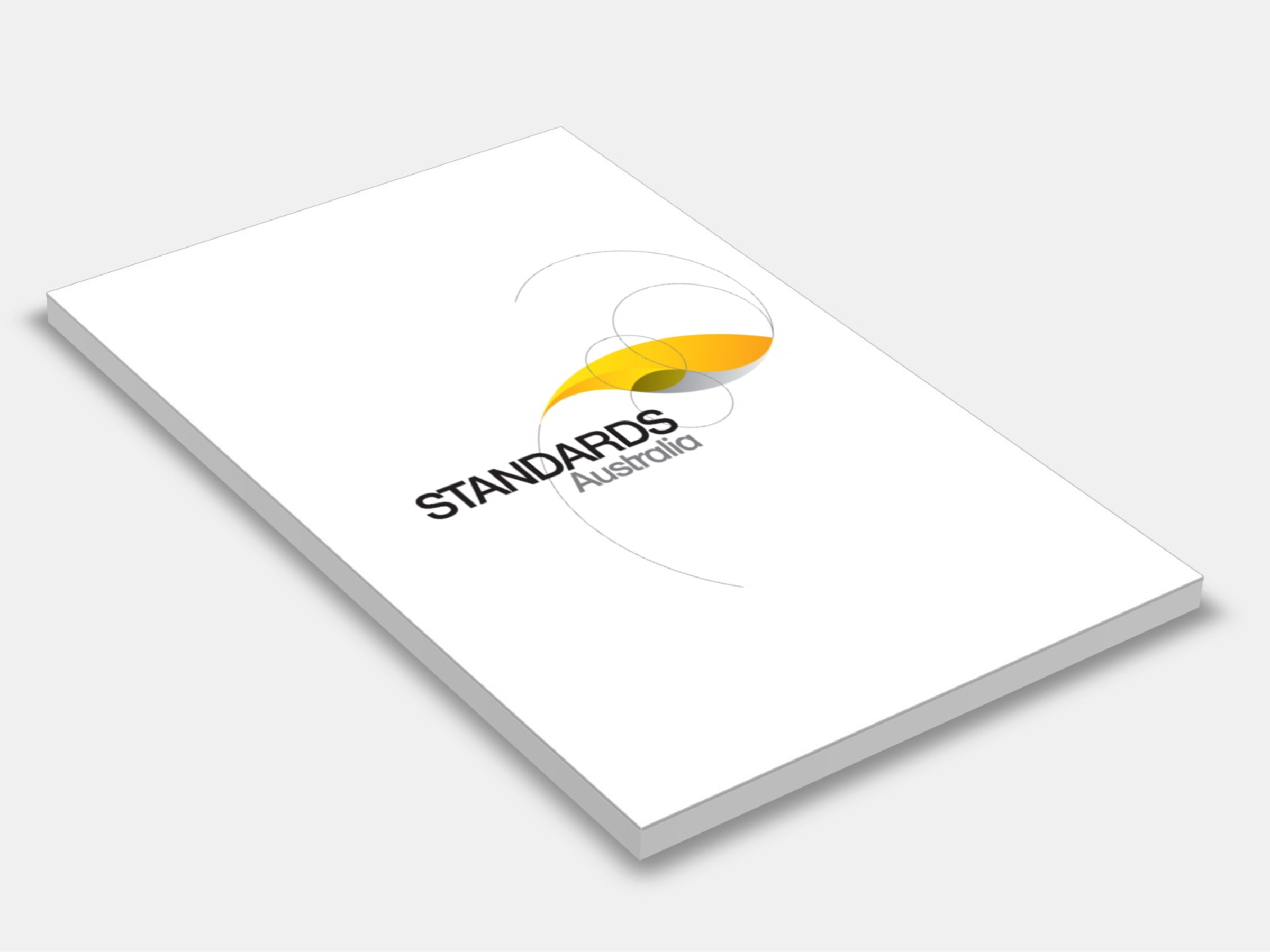
Type
Publisher
Standards Australia
Publisher
Standards Australia
Version:
First Edition 2016.
(Current)
Short Description
Part of the AS 1684 series, sets out the design methods, assumptions and other criteria, including uplift forces and racking pressures, suitable for the design of timber-framed buildings constructed within the limitations and parameters of, and using the building practice described in, AS 1684.2, AS 1684.3 and AS 1684.4.
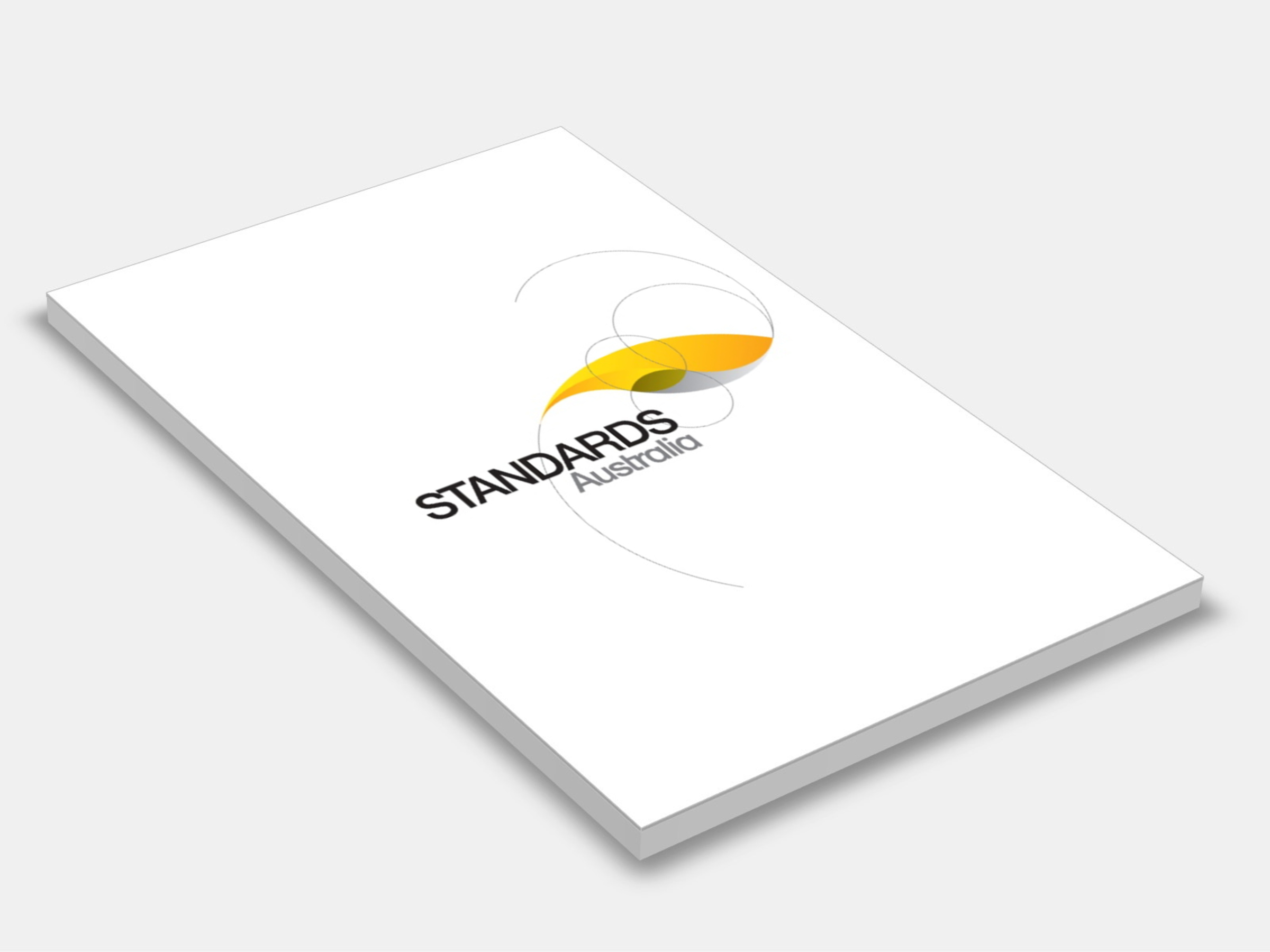
Type
Publisher
Standards Australia/Standards New Zealand
Publisher
Standards Australia/Standards New Zealand
Version:
First Edition 2020.
(Current)
Short Description
This Standard adopts ISO 22846-1:2003, which gives the fundamental principles for the use of rope-access methods for work at height; intended for use by employers, employees and self-employed persons who use rope-access methods, by those commissioning rope-access work and by rope-access associations.
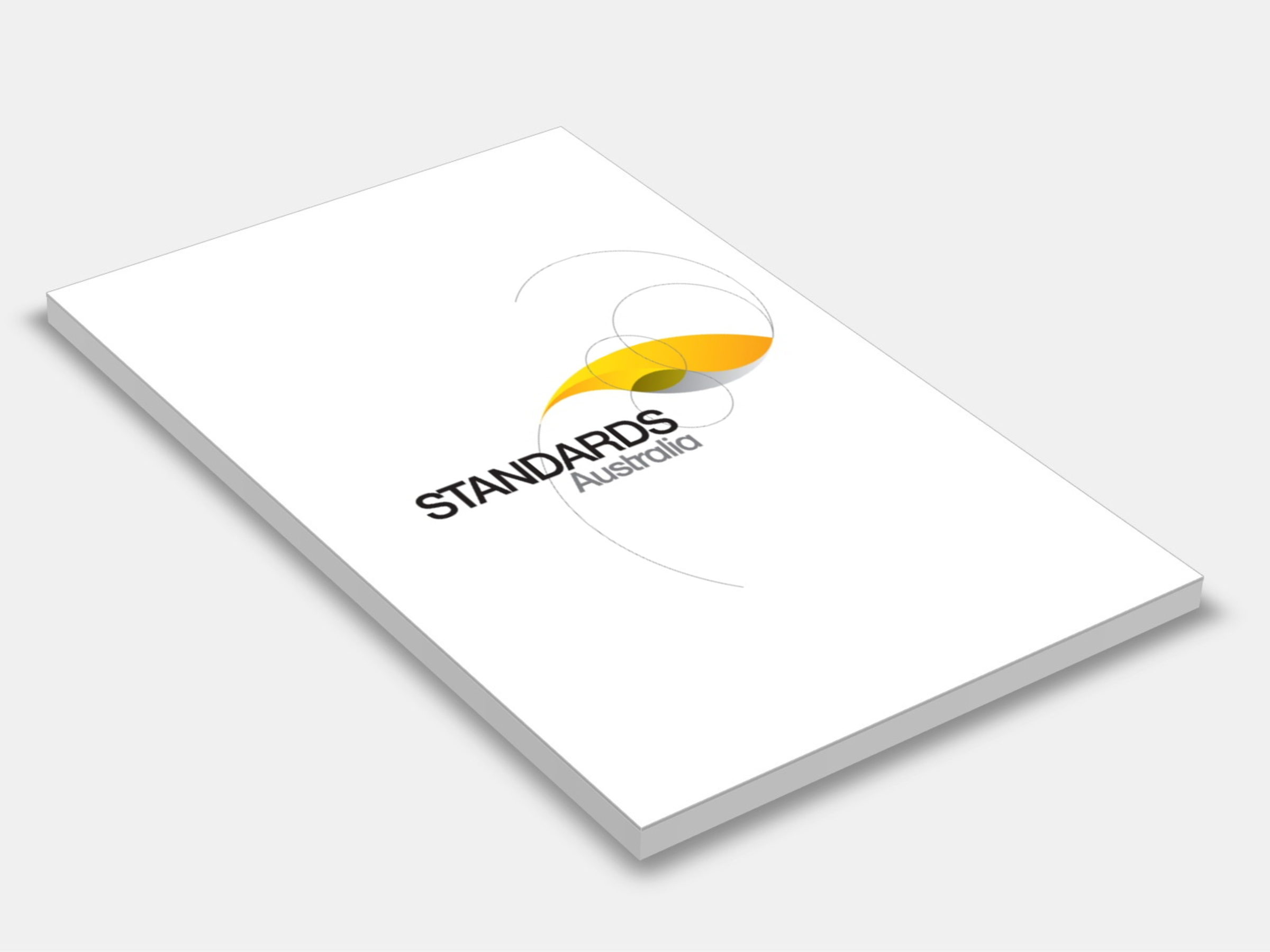
Type
Publisher
Standards Australia
Publisher
Standards Australia
Version:
First Edition 2020.
(Current)
Short Description
Sets out the minimum requirements and recommended safe practices for the selection, use and maintenance of portable ladders.
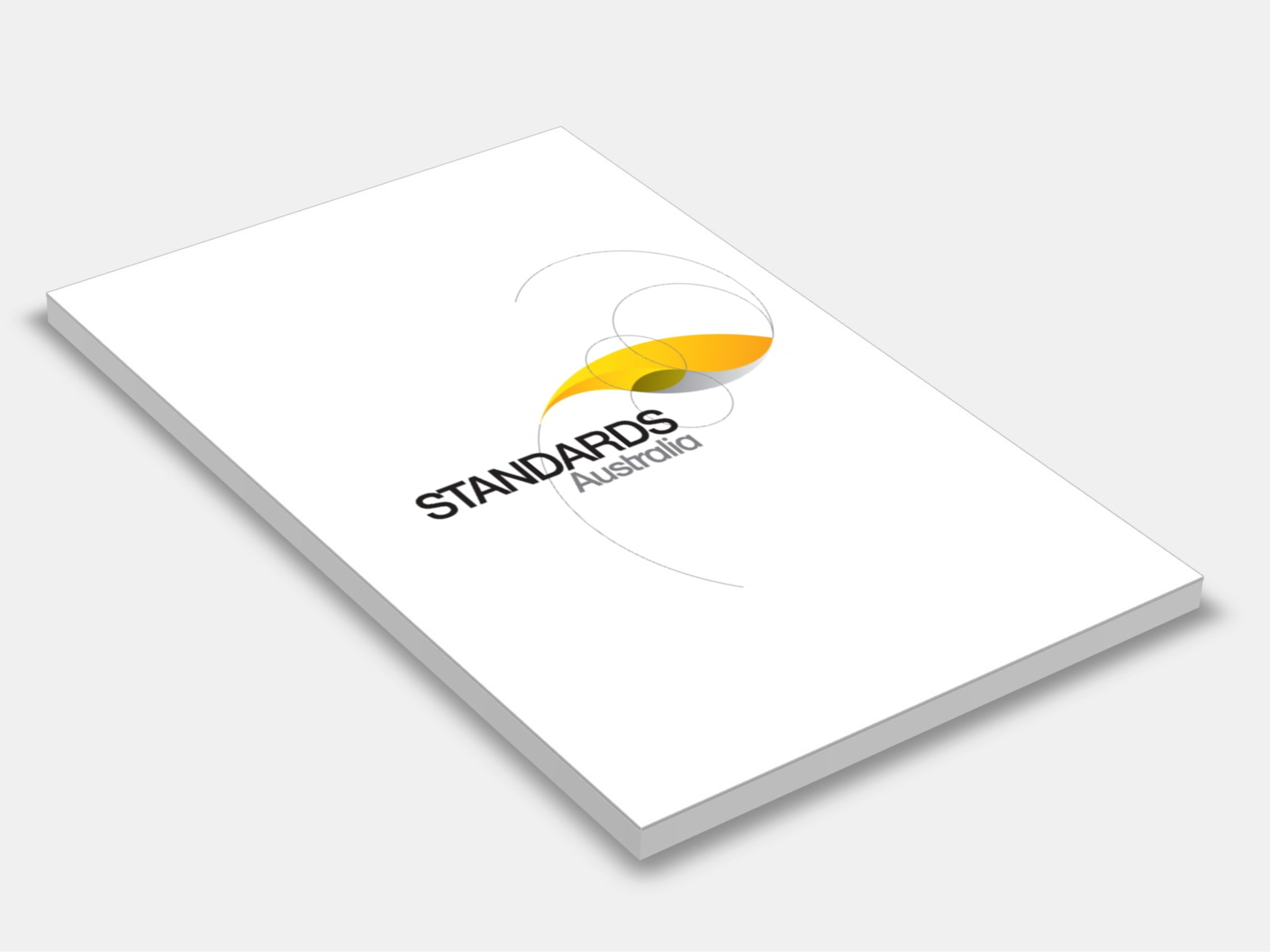
Type
Publisher
Standards Australia/Standards New Zealand
Publisher
Standards Australia/Standards New Zealand
Version:
Second Edition 2009.
(Pending Revision)
Short Description
Specifies requirements and sets out recommendations for the selection, safe use and maintenance of industrial fall-arrest systems and devices based on the use of safety harnesses, horizontal life lines and rails, fall-arrest devices, and associated lanyards, connectors, anchorages and fittings.
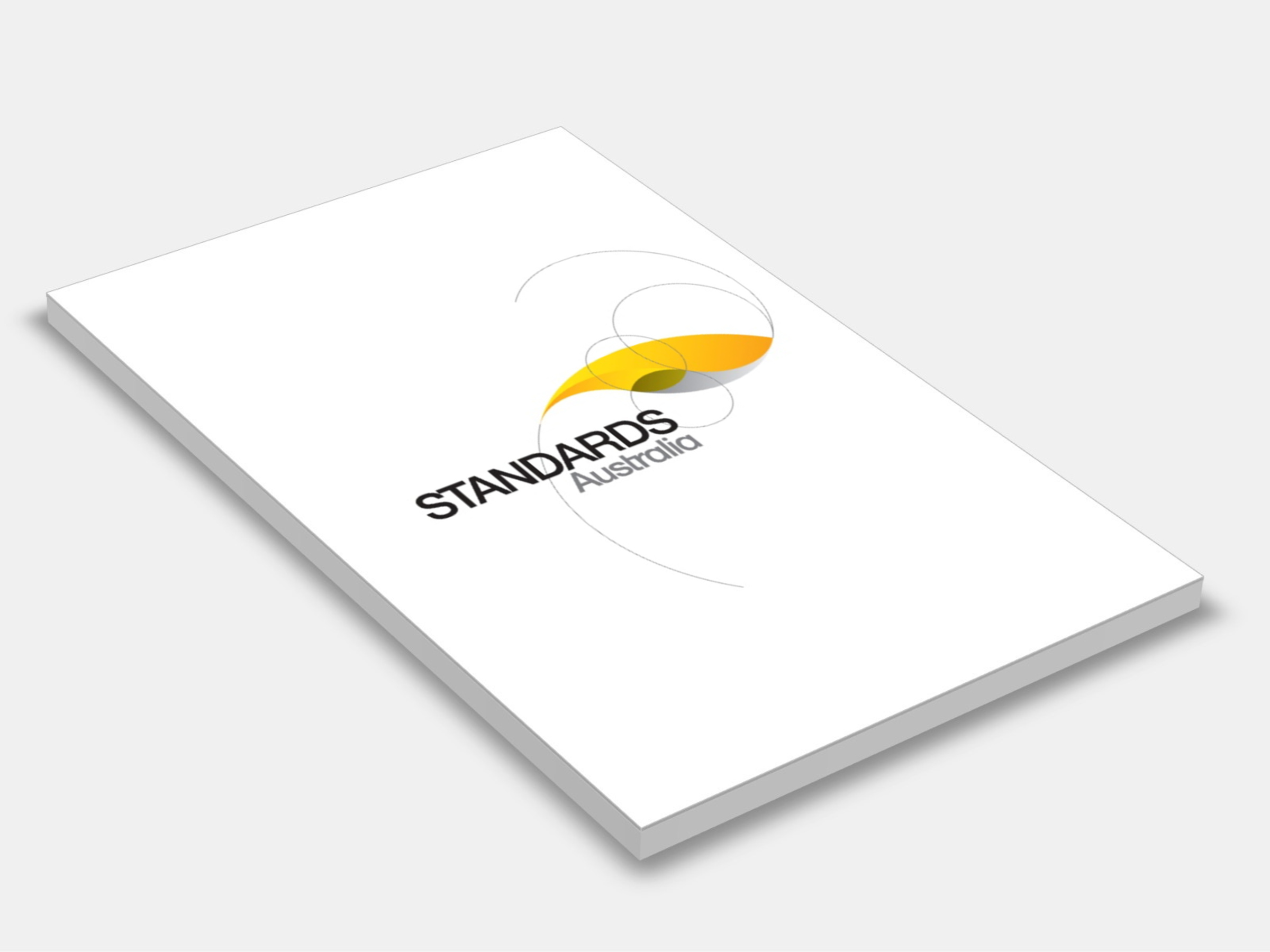
Type
Publisher
Standards Australia
Publisher
Standards Australia
Version:
Sixth Edition 2001.
(Current)
Short Description
Specifies the criteria for the selection of portable fire extinguishers and the requirements for their application, location and distribution.
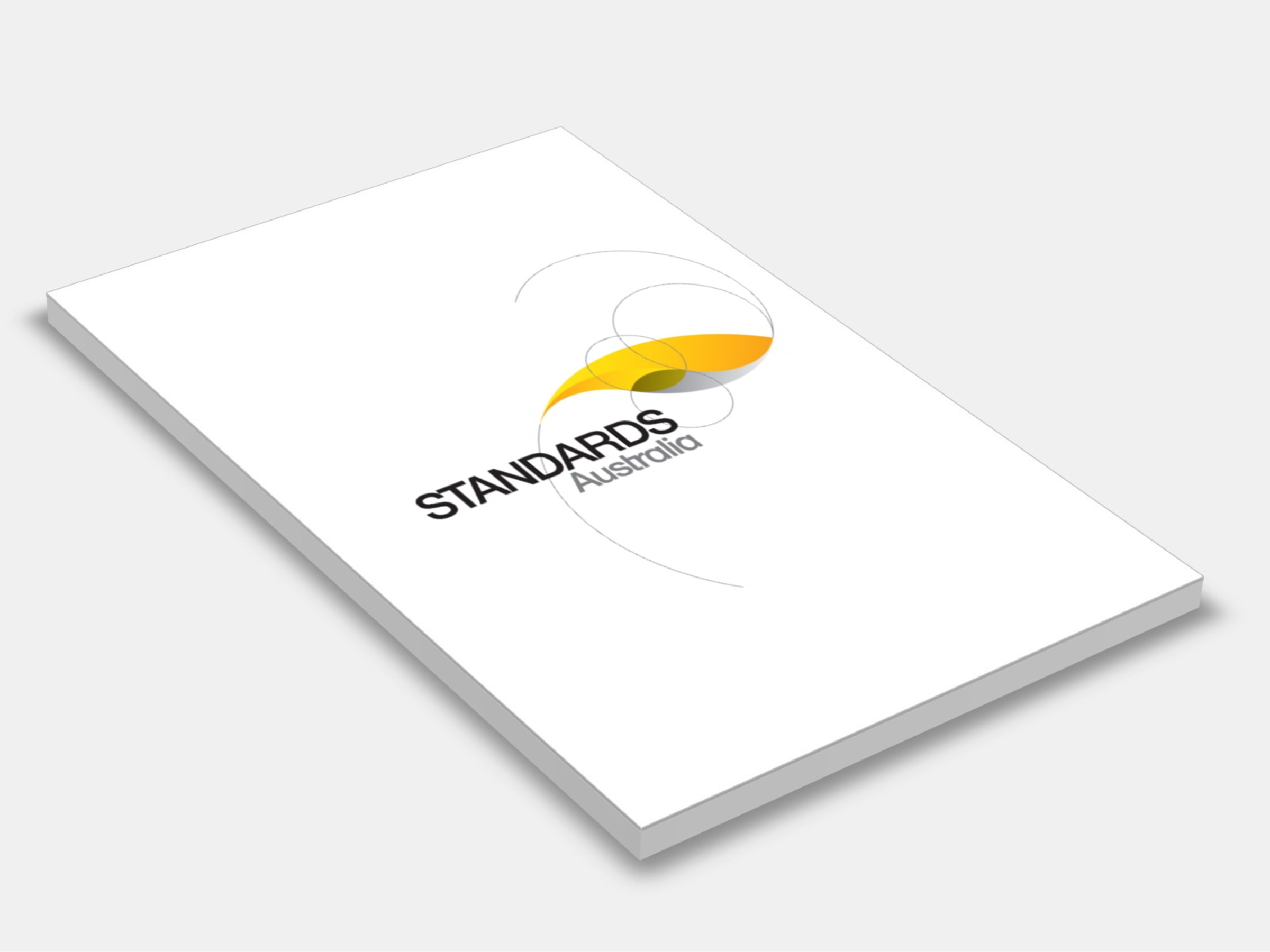
Type
Publisher
Standards Australia
Publisher
Standards Australia
Version:
Third Edition 2012.
(Pending Revision)
Short Description
Sets out requirements for inspection, testing, preventive maintenance and survey of fire protection systems and equipment.